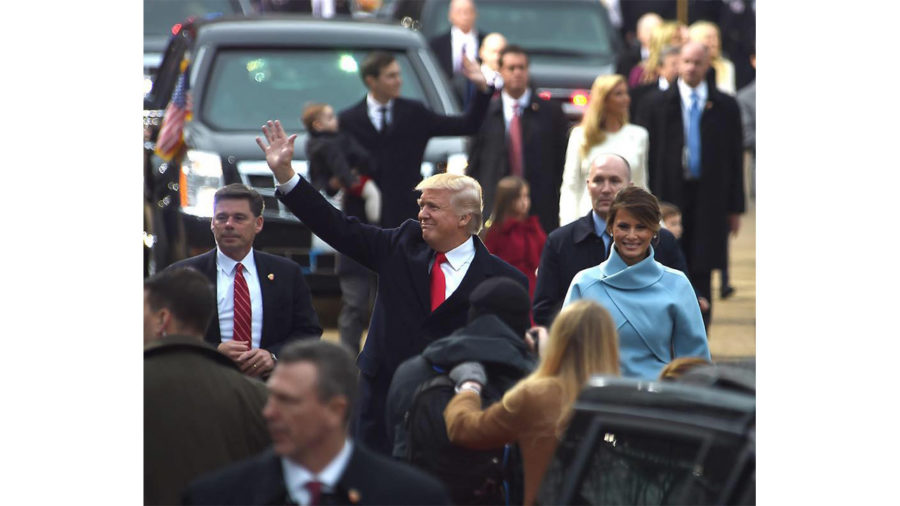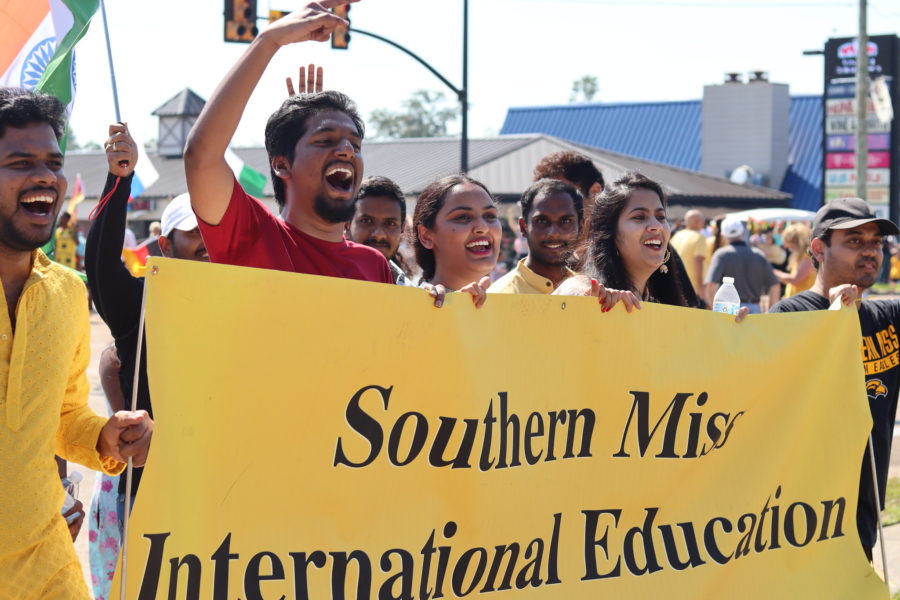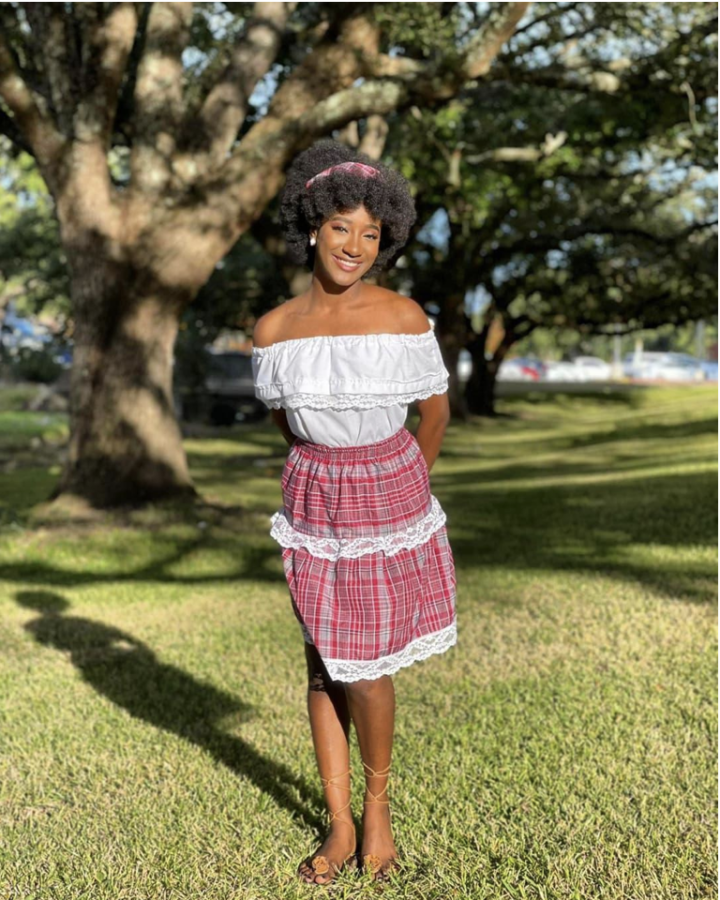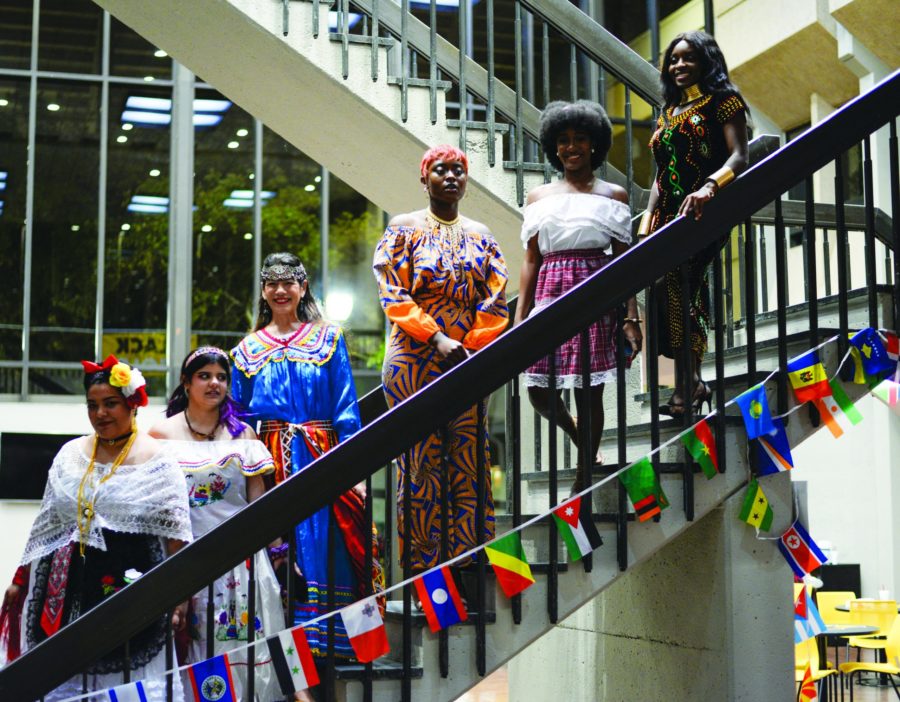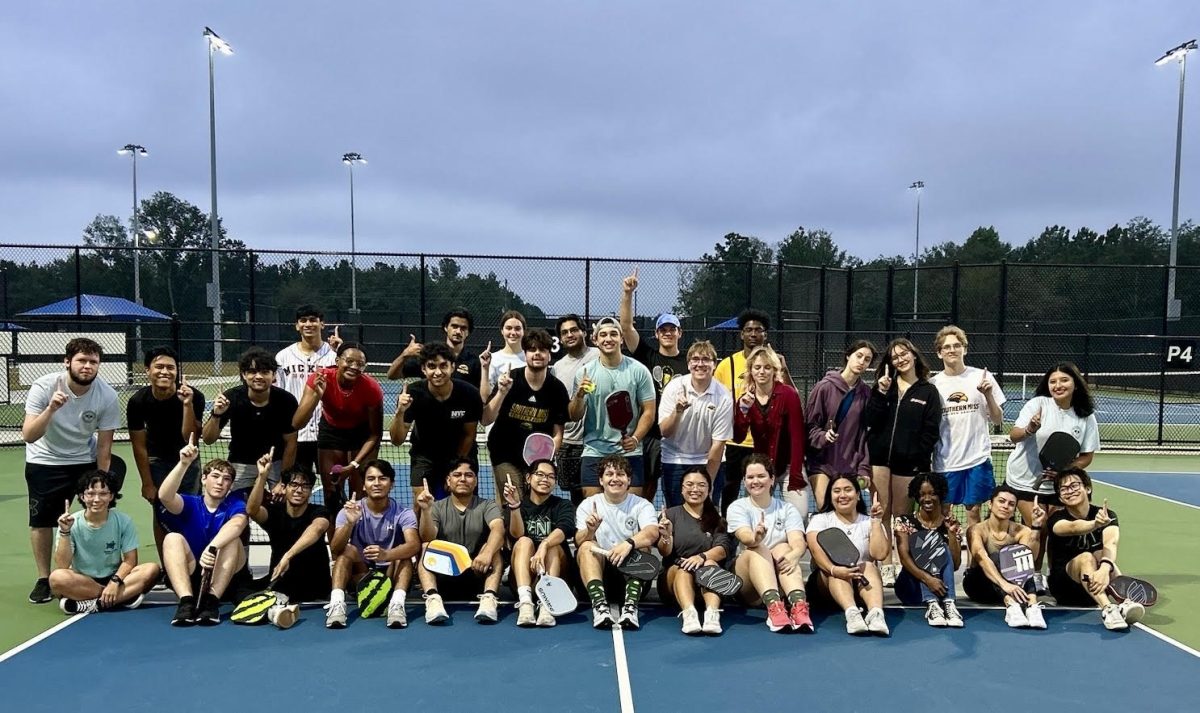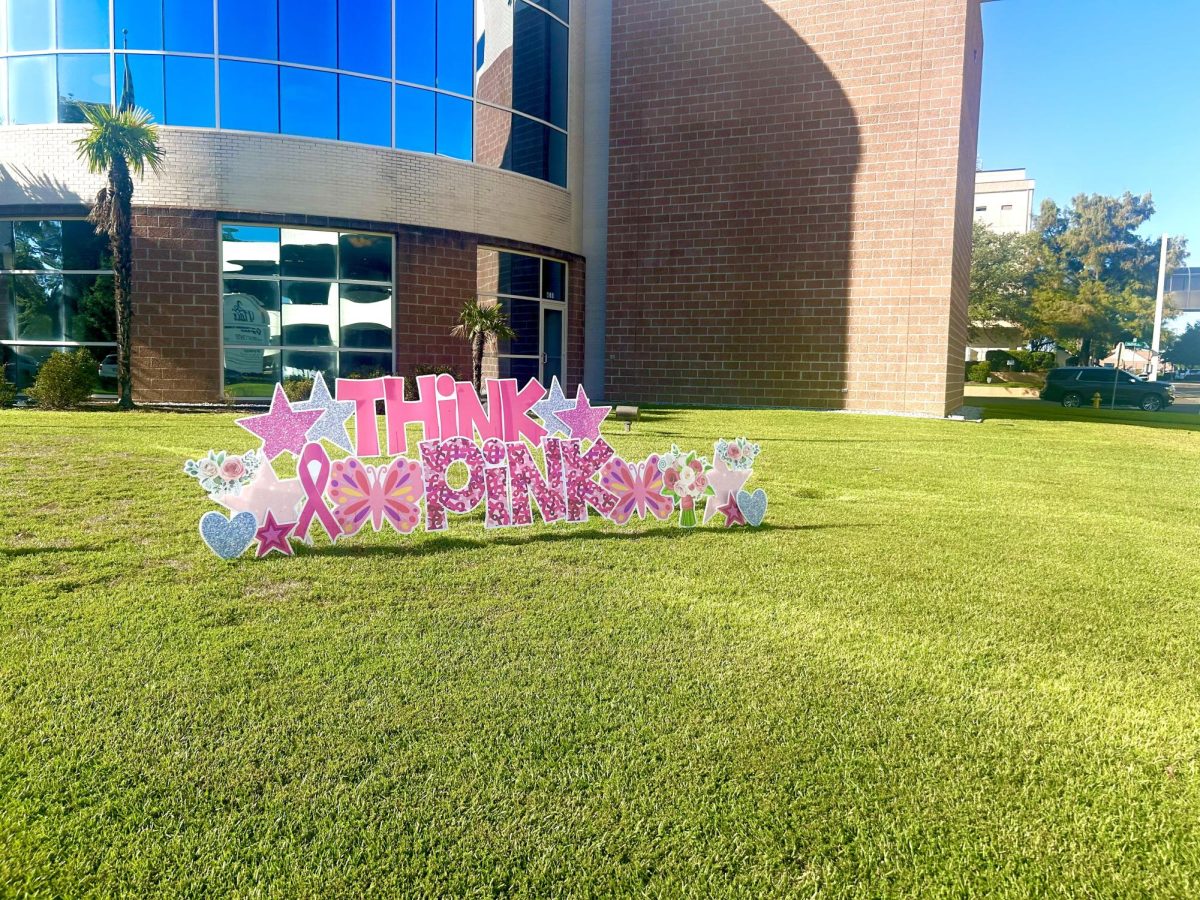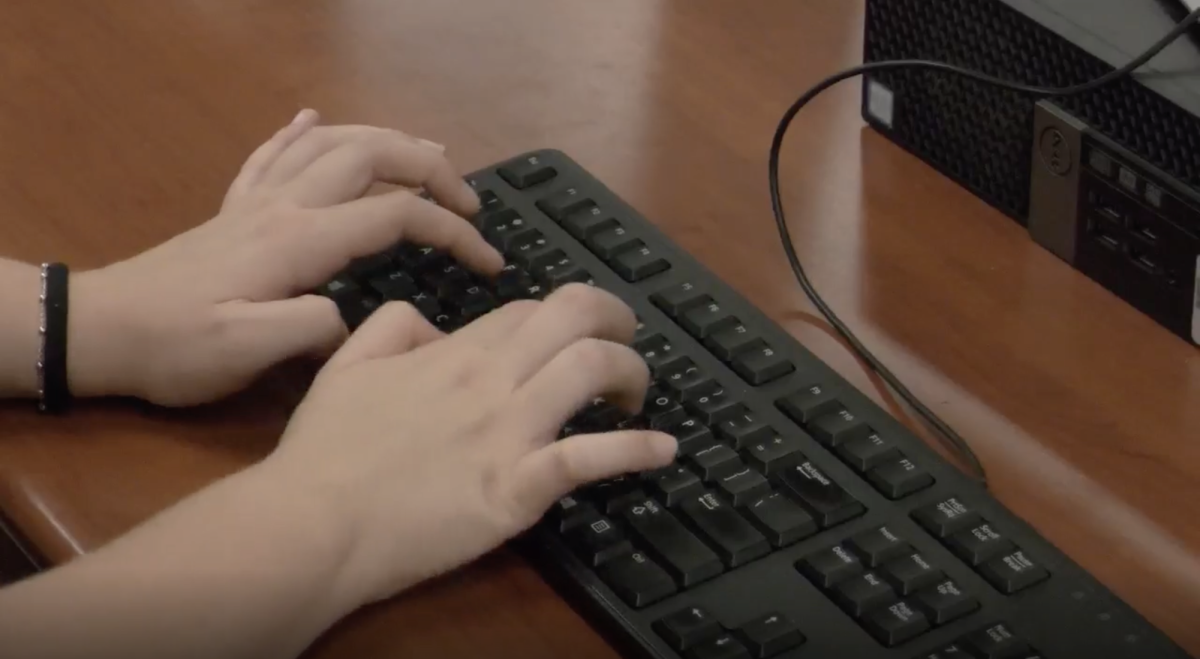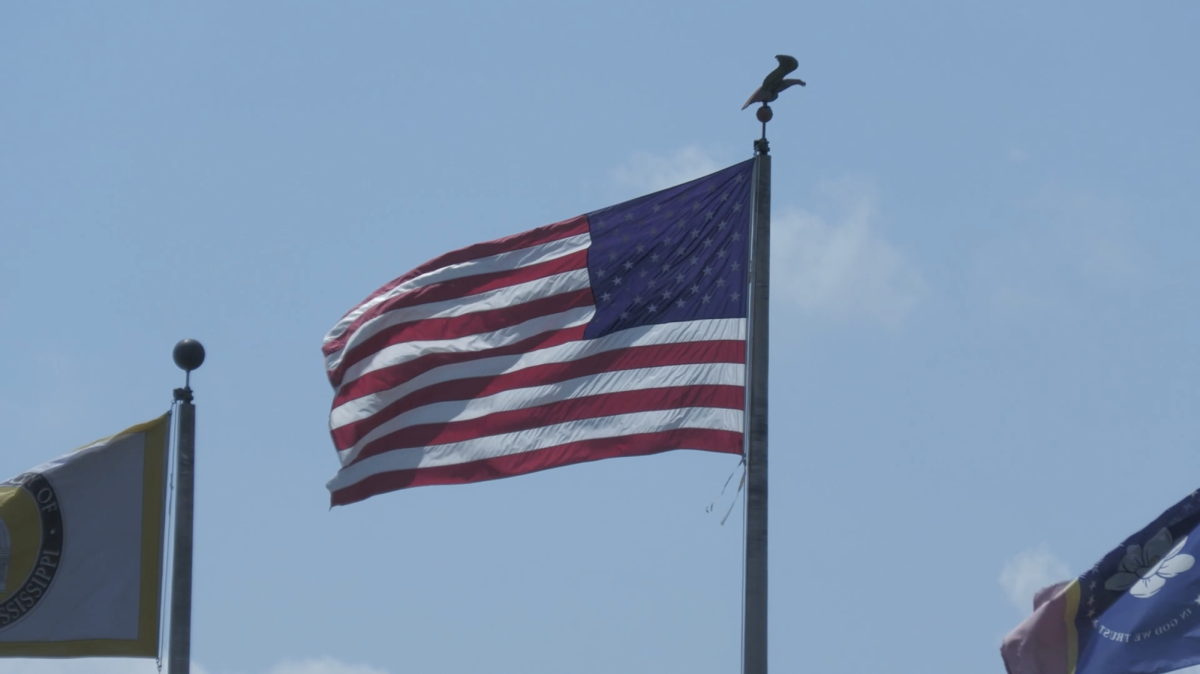President Donald Trump issued an executive order Jan. 27 that will suspend new refugee admissions for 120 days and will ban travelers from the Muslim- majority countries of Iraq, Iran, Yemen, Sudan, Libya and Somalia for 90 days, with refugees from Syria banned indefinitely.
The order had far-reaching and immediate effects nationwide, including in The University of Southern Mississippi, which has six international students from the affected countries.
Director of International Student and Scholar Services at USM Suzanne Omran said in a statement to Mississippi Today that one of those six students affected by the order is now unable to travel to the United States to begin attending class.
“That is especially concerning to me,” said USM alumnus and Advocacy Coordinator for Criminal Justice Reform at the ACLU of Mississippi Blake Feldman. “I believe that the university should more fully and transparently inform the Southern Miss community what exactly the administration is doing to support these students. If more can be done, there is limited time.”
Feldman cited a temporary injunction blocking the deportation of anyone, including enrolled students with valid visas, from the seven Muslim countries legally authorized to enter the U.S.
“District Judge Burroughs granted a temporary restraining order on Jan. 29 preventing the U.S. Government from even detaining ‘holders of valid immigrant and nonimmigrant visas … and other individuals from Iraq, Syria, Iran, Sudan, Libya, Somalia and Yemen who, absent the executive order, would be legally authorized to enter the United States,’” Feldman said. “That order is temporary and will remain in effect until Feb. 5. Although Darweesh and Tootkaboni didn’t concern individuals who had not yet arrived in the U.S., the orders stay the ban, and thus, if individuals can arrive in the U.S. in the next few days, they will be protected by the orders.”
Feldman said he is not suggesting that the university give any of the six students false assurances that there will be no complications.
“Undeniably, the past few days have been chaotic, and the coming days will likely be no different,” he said. “However, should the student who is still abroad still want to study at Southern Miss and contribute to its diverse culture that makes it great, I want to know that the university has not failed to inform him or her of the option. I want to know that the university has offered assistance while the executive order is stayed.”
Feldman said that if the affected student is being prevented from boarding his or her flight, he or she should be encouraged to carry copies of the courts’ decisions in Darweesh and Tootkaboni.
“[The student should] be prepared to explain to airline personnel that there is currently no ban in effect, and the U.S. Government cannot send [him or her] back on arrival,” Feldman said. “If USM’s legal counsel cannot be made available to assist this student in this unique and unforeseeable situation, the student should be provided contact information for the ACLU or similar organizations. Someone from the Southern Miss community should be waiting at the port of entry just in case CBP officers violate the court orders.”
Feldman’s concern arose because he was not sure whether the university was “advocating for the student or just sitting back and letting the student decide whether to attempt to travel to the U.S.”
“Given legal victories over the weekend that are temporary, there is a narrow window of time for the student,” said Feldman, who felt defeated Saturday morning as he read about the Muslim ban but encouraged as he watched, via social media, as protest crowds grew at John F. Kennedy International Airport.
“Witnessing millions mobilize within a day to file briefs and flood airports encouraged [me] in a way that I’ve needed for months,” Feldman said. “So, Monday night when I read that a foreign Muslim student, blindsided by an unconstitutional executive order, was suddenly unable to study at southern Miss, I wanted to help. An hour or so later, I learned that a vigil had taken place at the fountain on campus.”
Feldman said the vigil was fitting.
“My first exposure to human rights and social justice was as a student at Southern Miss, and I’ll always be grateful for the privilege of being a part of that community for four wild but formative years,” he said. “I desperately want Southern Miss to be the community I’ve always thought it to be, but for that to be the case the university must demonstrate that it will do whatever it can to make sure a student it granted admission can make it to Hattiesburg in what could be the last week for a while that our country allows lawful entry for Muslims from seven seemingly arbitrary nations.”
Editor’s note: edited for clarity at 11:47 a.m. An error was made with two quotes, which were cut from the story during editing by mistake. These quotes have been added back to the story.






















